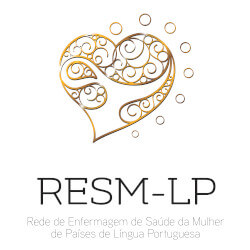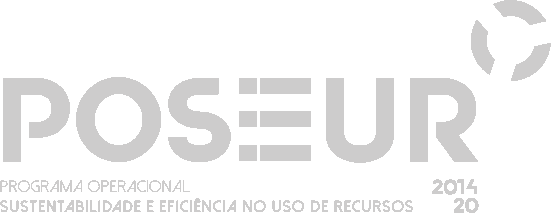Professor of Cell Biology in the University of California, Riverside, Manuela Martins-Green admits the possibility of collaborating with researchers of the Nursing School of Coimbra (ESEnfC) in the area of wound management.
The Portuguese researcher, born in Angola and currently working in the United States of America, was recently in Coimbra where she participated in the 5th International Congress on Wounds. More than 400 professionals attended this Congress.
Professor of the Cell Biology and Wound Healing Laboratory of the Department of Cell Biology and Neurosciences of the University of California, Riverside, Manuela Martins-Green was “very much impressed with the quality of the work presented during the day” of her lecture in the congress organized by the ESEnfC.
Manuela Martins-Green accompanied by professors Paulo Alexandre Ferreira and Luís Paiva
To the School’s area of Communication and Image, the renowned researcher stated: “I am analyzing the possibility of applying for a Fulbright grant to come to Portugal and perhaps work with your School and also a hospital in Lisbon to check if we can use some of my approaches to wound management, in addition to those already being used in these institutions (for example, hyperbaric oxygen therapy) with the purpose of advancing the area of chronic wound management”.
“Why do some infected wounds become chronic?” was the title of the conference given by Manuela Martins-Green on 2 February within the scope of the 5th International Congress on Wounds.
Duarte Nuno Vieira, director of the Faculty of Medicine of the University of Coimbra, chairman of the European Council of Legal Medicine and chairman .of the Forensic Advisory Board of the Prosecutor of the International Criminal Court, gave a conference on the second day of the event (3 February) about “The important of wounds in forensic diagnosis”.
“Systematization of wound management”, “Oxygen and wound healing”, “Innovation in wound management”, “Trauma wounds”, “Compromised healing”, and “Practical experiences in Portugal” were the themes of the six roundtables in the 5th International Congress on Wounds.
According to the organization committee, “wounds are a major public health issue because they can lead to the patients’ social isolation, absenteeism, and morbidity, thus having a significant impact on quality of life”.
Four questions to Manuela Martins-Green
|
|
|
“WILL TAKE TIME FOR US TO LEARN HOW TO BETTER TAKE CARE OF ELDERLY POPULATIONS WITHOUT PUTTING A GREAT DEAL OF BURDEN ON THE HEALTH CARE SYSTEM” |
Some wounds become chronic even when they are not infected. All wounds have a certain level of bacteria but in those who become chronic the bacteria change and form a biofilm. Once a biofilm is formed it is very difficult to control the bacteria with antibiotics because the antibiotic either can’t reach them, given that they are involved in the film, or the bacteria become insensitive to the antibiotics. We still do not know why some wounds become chronic but my work indicates that the microenvironment in the wound is critical for the development of bacteria that form the biofilm. For example, high levels of oxidative stress are needed for the wound to form biofilm and become chronic. Once that happens the wound is very difficult to cure.
What is currently being developed in your research department to improve wound or cancer treatment and, consequently the quality of life and the health of the populations?
We are currently focused on determining what are the cellular and molecular mechanisms that are critical for initiation and development of chronic wounds. This is possible because we have developed a novel model of chronic wounds that will allow as to pose these queries. This is important because we cannot experiment in humans with chronic wounds and when these patients show up in the doctor’s office the wounds are well advanced in their progression which does not allow a window into the processes that initiated chronicity.
Based on the main health problems worldwide and the populations’ needs (Portugal and Europe are facing the problem of population ageing but also cancer diseases, diabetes, among others), what is the most important challenge facing nurses?
I would say that geriatric problems will be a challenge because more and more we are living longer and older people present with serious health problems, such as diabetes, which make it extremely difficult to treat other diseases/conditions. In addition the geriatric science is still young and will take time for us to learn how to better take care of elderly populations without putting a great deal of burden on the health care system.
How is the community of Portuguese researchers seen from the other side of the Atlantic?
Is difficult to say because the Portuguese community of scientist is still too small to have an impact. However, there are institutes that are well known such as the Gulbenkian Institute and the Champalimaud Institute.
[2017-03-09]













